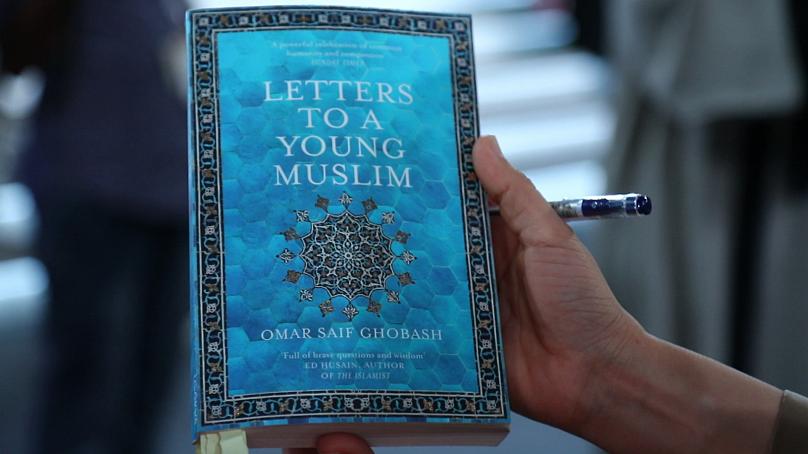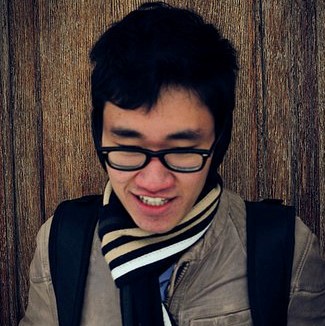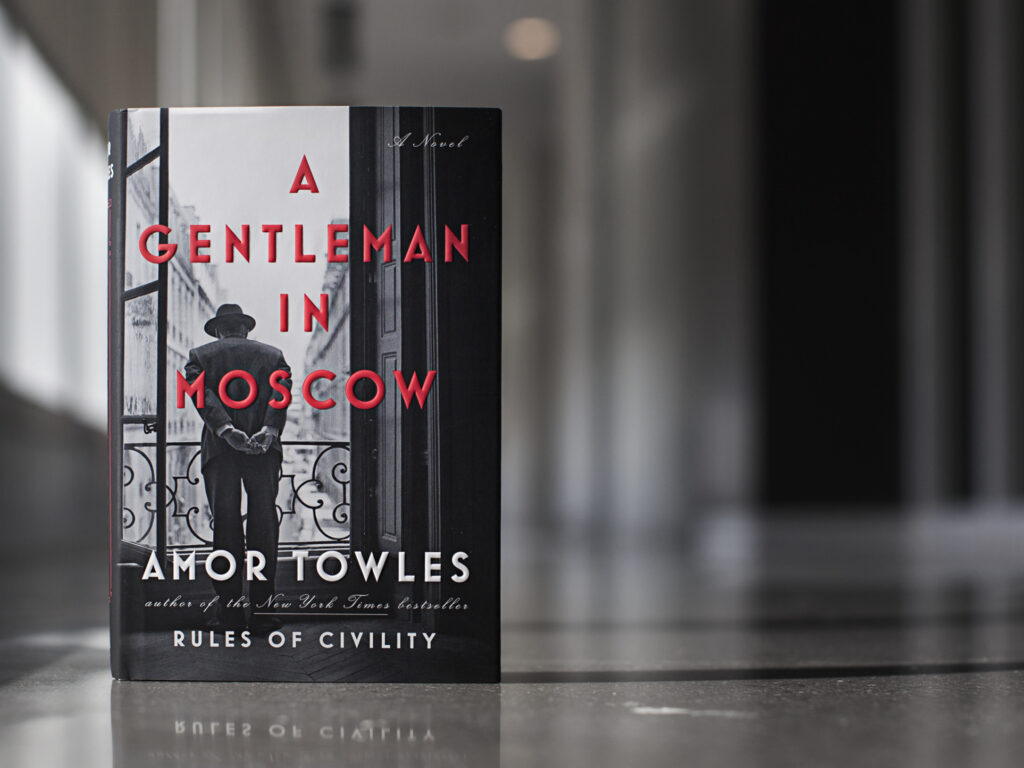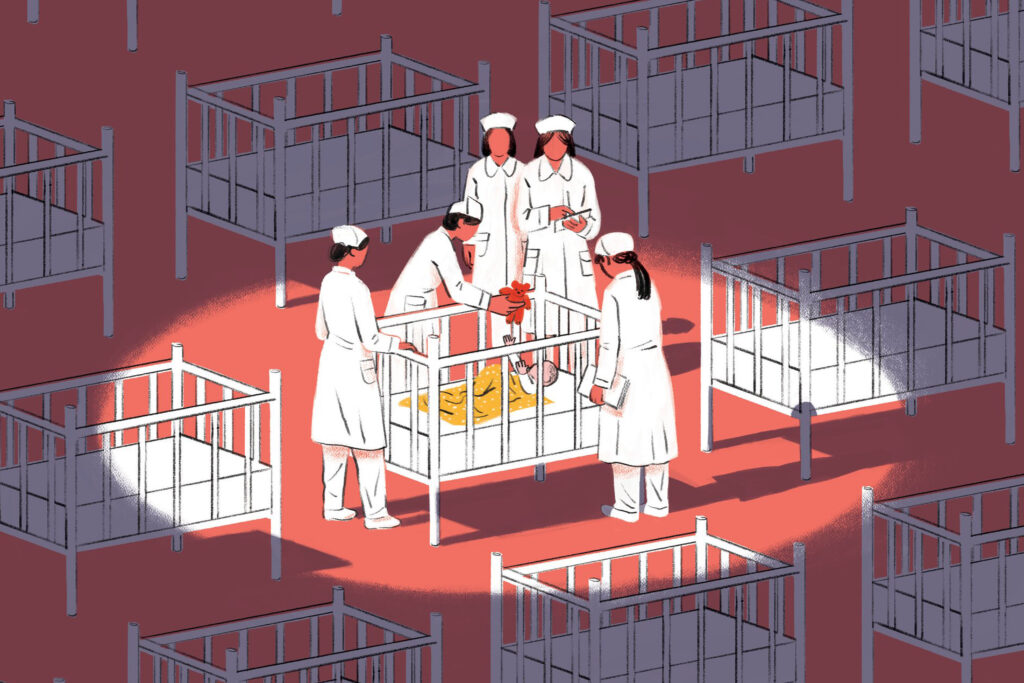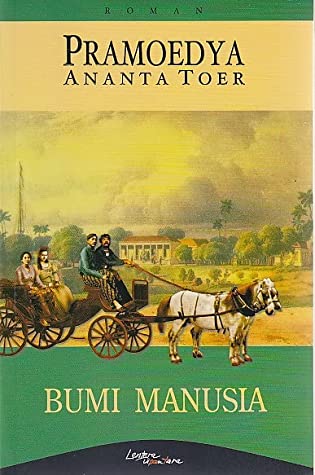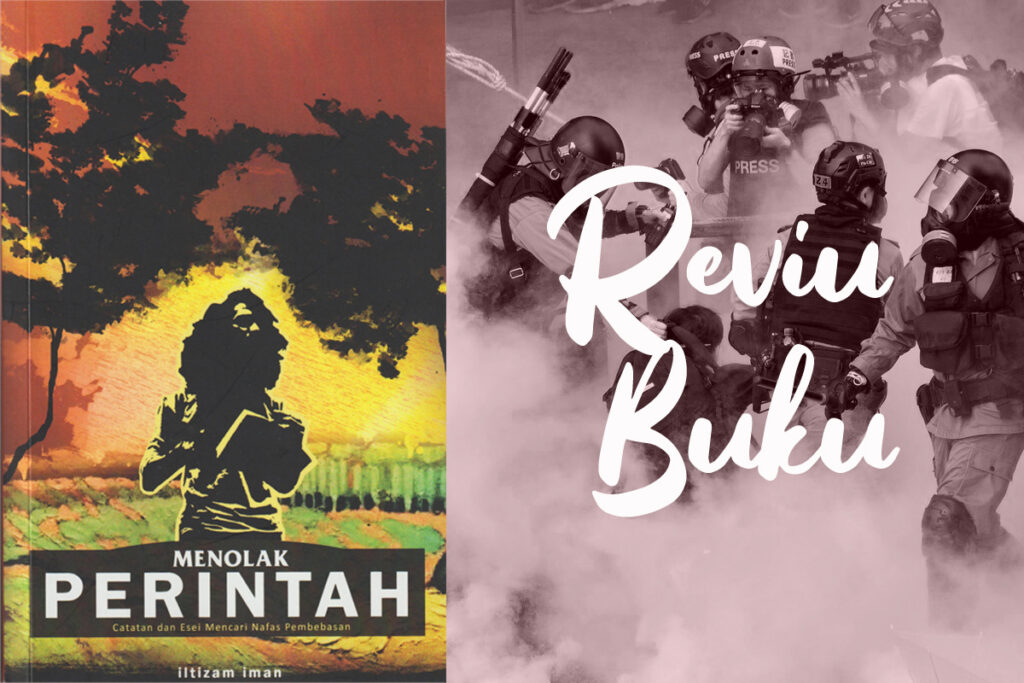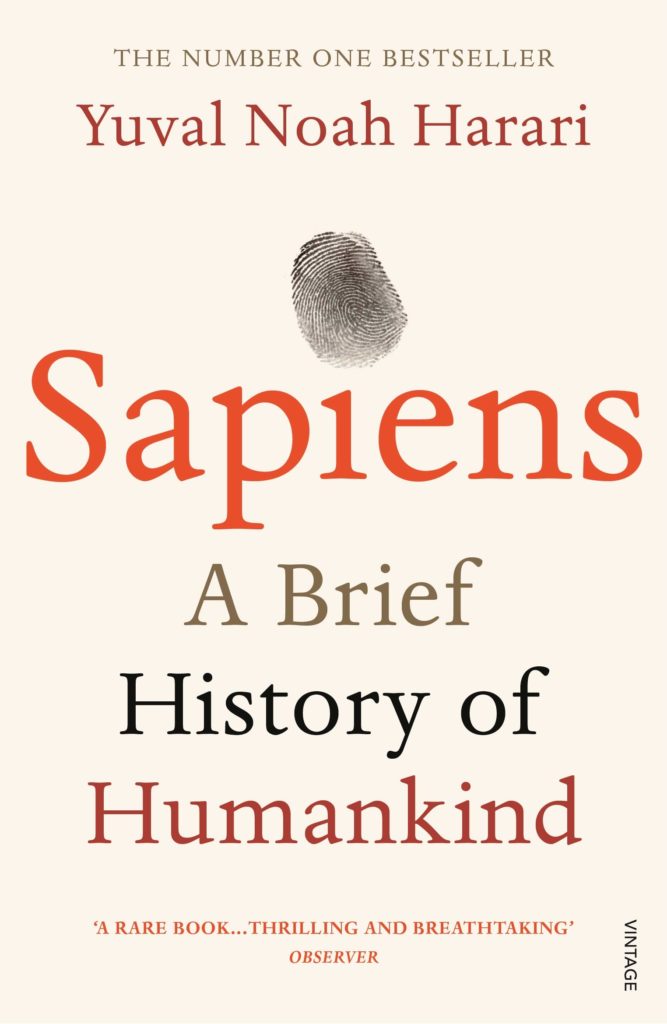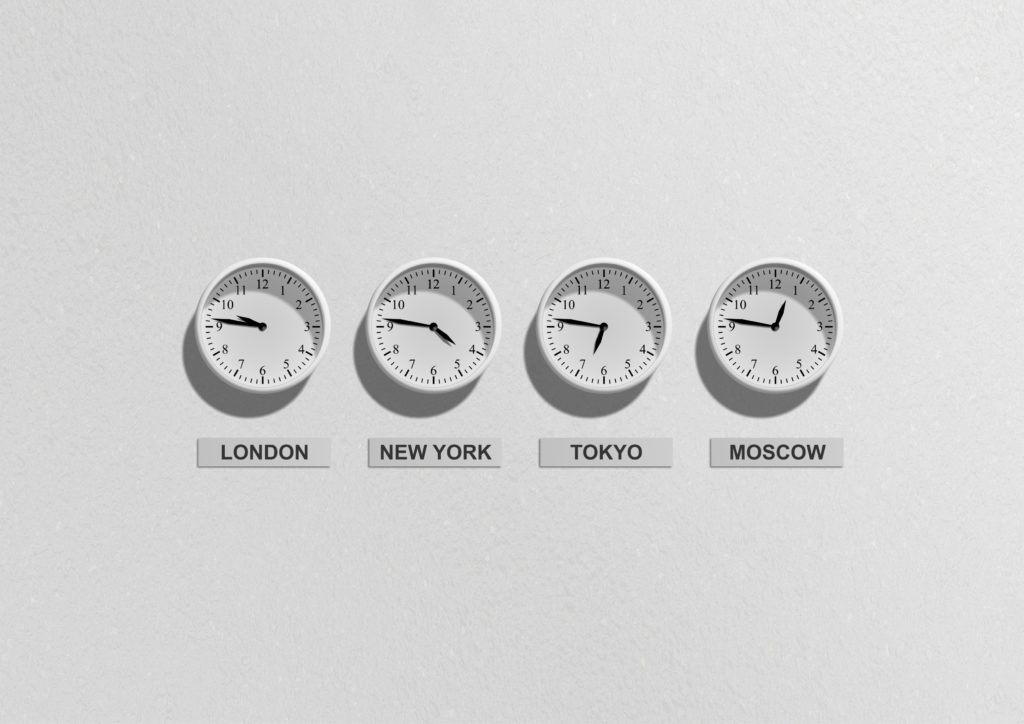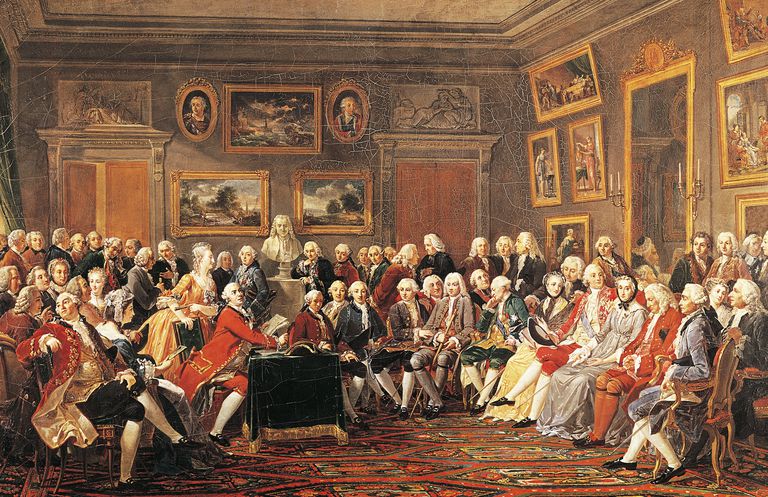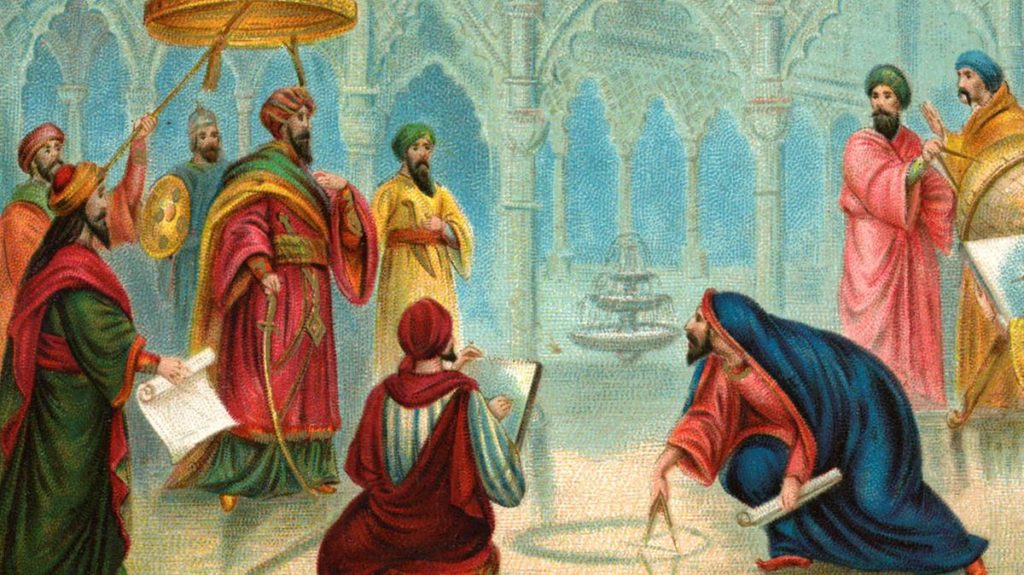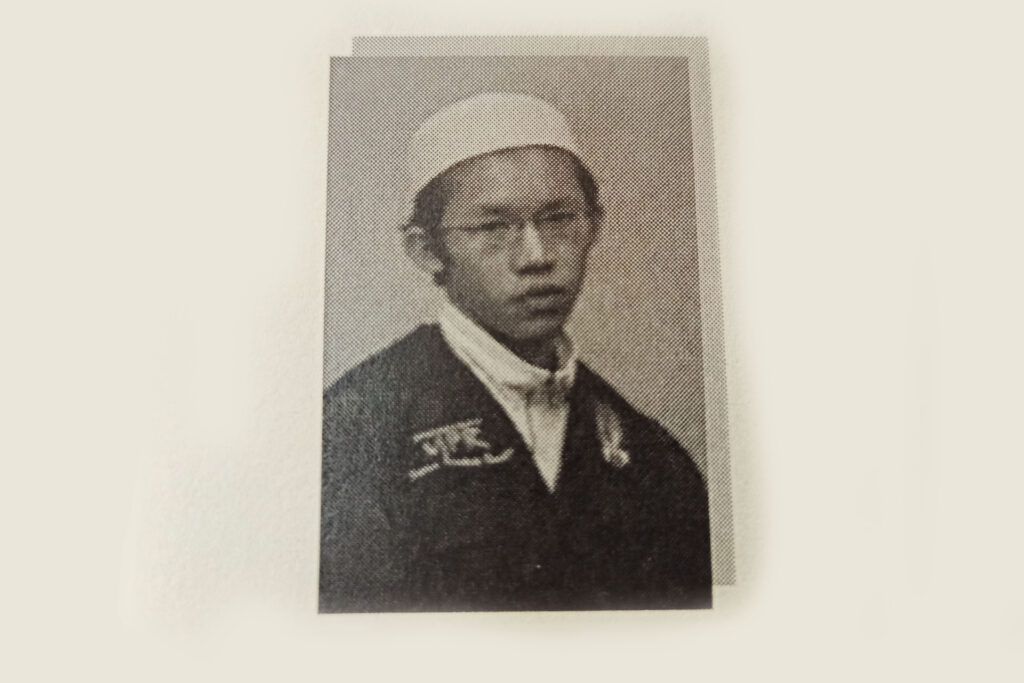
Artikel ini adalah ulasan buku Advencer Si Penjual Buku tulisan Benz Ali, edisi kedua (tahun 2019), diterbitkan kali pertama oleh RepublikBuku pada tahun 2017.
Saya memulakan cuti panjang hujung tahun 2020 seperti biasa, berkemas untuk pulang ke kampung (kota) halaman di Kuala Lumpur, kota kelahiran. Pada mulanya saya ingin membawa pulang novel tulisan Susan Barker untuk menemani cuti, tapi kemudian bertukar fikiran, saya masukkan naskah ini ke dalam beg. Saya masih ingat dahulu saya pernah diabel “pentaksub Benz Ali” oleh seorang teman Islamis, mungkin dia tidak selesa saya membaca buku Benz yang agak kontroversial. Tetapi sebenarnya bukan buku Benz sahaja yang saya baca, saya baca semua, dan seperti pembacaan biasa, ada yang saya setuju, ada yang saya tidak setuju, seperti kitab lain dan kitab ini tidak terkecuali. Membaca tidak bererti kita taksub, ia bererti kita mahu memahami pemikiran orang lain.
Saya rasa bersyukur kerana membeli dan membaca naskah ini, kerana ia bagi saya merupakan satu naskah yang penting dalam memahami buku haram ‘Antithesis’. Yang pertama ia memberikan konteks kepada buku tersebut. Yang kedua kerana ia membawakan sisi manusia penulis. Sering kali apabila kita melihat seseorang dari kaca mata label seperti sosialis, komunis, ateis, agnostik, liberal, sekularis, kita terlupa bahawa disebalik label itu adalah manusia yang sama seperti kita. Yang juga akan berdarah jika terluka, bersedih tika berpisah dengan kekasih. Buku ini enak dibaca, satu periwayatan kisah hidup, autobiografi, tidak agetatif dan agresif seperti Antithesis, tidak bernada marah tetapi bernada penceritaan.
Saya setuju dengan pandangan beliau bahawa sejarah kita, walaupun kita orang kecil, perlu ditulis, kerana jika tidak, generasi akan datang hanya mengenal orang-orang besar, bangsawan, ahli politik, ini menjadikan sejarah itu tempang, tidak menceritakan keseluruhan kisah masyarakat manusia lampau. Saya teringat akan sejarah yang ditulis oleh Howard Zinn, beliau menulis “the people’s history”, mengumpulkan suara-suara yang tidak disebut dalam sejarah mainstrem yang hanya memfokus pada raja, general dan gergasi intelektual. Ia memberi semangat pada diri saya sendiri, untuk menulis perihal sejarah keluarga, sekolah, kerana tidak ada orang yang akan menulisnya melainkan kita sendiri. Jika sejarah diri, mustahil boleh ditulis oleh orang lain selengkap tulisan kita sendiri.
Dalam tulisan awalnya, perihal zaman persekolahan, beliau menulis bagaimana beliau bersekolah di sekolah agama (yang dipengaruhi kuat oleh PAS dan ABIM) namun tidak diajarkan “tujuan hidup”. Ya, tanpa tujuan kita sukar untuk mengharungi hidup. Jika ada tujuan, kita boleh mengharunginya, apa pun pancaroba yang menyapa. Bak kata Nietzsche, “He who has a why to live for, can bear almost any how”. Saya juga dibesarkan dalam sekolah agama, tetapi saya punya pengalaman yang berbeza, tujuan hidup tidak pernah tidak diajar, sentiasa diulang bahawa tujuan hidup adalah untuk berubudiyah kepada Allah, malah saya telah hafal dalilnya, Surah Az-Zariyat ayat 56 yang selalu diulang. Perkara ini adalah perkara pertama yang menggeluti fikirannya sejak di sekolah, beliau tidak punyai masalah keluarga yang menjadikan dia “bermasalah”, keluarganya tidak berantakan malah berdasarkan penulisan beliau, bagi saya keluarganya berfungsi. Beliau mengakui dengan jujur bahawa dia sendiri yang bermasalah kerana terlalu kuat berfikir.
Di kala pengajian tinggi di KUIS beliau hanya mengikut sahaja temannya, Abdul Rauf, namun apabila temannya pergi ke Mesir dia mula hilang arah. Beliau mula memikirkan soal-soal ketuhanan, perihal kuasa tuhan, persoalan-persoalan yang saya kira tidak berani ditanya oleh orang kebanyakan. Dari pembacaan saya, saya merasakan beliau lebih meragui tentang sifat-sifat tuhan berbanding kewujudan tuhan.
Mungkin ramai orang, termasuk saya sendiri sebelum menelaah dan membaca naskah ini berfikiran bahawa Benz melawan dan menjadi dirinya yang sekarang atas pilihannya (semata-mata). Tetapi dalam naskah ini beliau menceritakan bagaimana dia telah cuba banyak perkara, malah telah mengutus doa kepada kepada tuhan, namun dia tidak dapat melawan keadaan sekelilingnya. “Kita yang tidak berpeluang…dipaksa menjadi apa yang kita mampu” tulis beliau. Seperti yang dikatakan oleh Antonio Gramsci bahawa manusia adalah produk sejarah. Kita lahir dalam satu keluarga yang tidak kita pilih, di satu zaman yang tidak kita pilih, dengan keadaan dan kemampuan yang tidak kita pilih, jadi adakah kita boleh mengatakan bahawa kita boleh memilih? Kerana hampir keseluruhan perkara yang mempengaruhi, membentuk, dan membesarkan kita adalah bukan pilihan kita. Ini antara persoalan hidup yang ditanyakan Benz dalam naskah ini.
Buku ini juga mempunyai sedikit disconnect, contohnya di halaman 45 tiba-tiba kita diberi tahu bahawa Benz bersama bekas isterinya membawa beg berisi buku ke dalam KTM. Bagi pembaca yang tidak mengenali beliau secara peribadi, hal ini mungkin membingungkan, kerana pada 44 mukasurat pertama langsung tidak diceritakan perihal perkahwinan, tiba-tiba sudah punya bekas isteri. Mungkin kisahnya terlalu perit untuk dihidupkan kembali dalam penulisan ini, saya faham, tetapi ia tetap membingungkan jika dilihat dari mata kasar pembaca.
Saya kertawa kecil melihat gambar-gambar lama yang dikongsikan beliau dalam naskah ini. Terutamanya gambar di MPR pada tahun 2008, berkopiah kelihatan begitu soleh sekali, sangat berbeza dengan imej gondrong beliau hari ini. Beliau menceritakan bagaimana beliau bermula dengan penyajak sebelum menjadi penulis, mengikuti gerakan bersama Pak Dinsman yang menjadi guru seninya. Menjadi sosok kontroversial bukanlah suatu yang mudah menurut Benz, disebalik populariti yang didapati. Buku-bukunya tidak disenaraikan di kedai-kedai kebanyakan, malah penerbit juga sering kali meminta dia mengubah nama pena juga nama buku.
Saya juga sangat tertarik kepada perbahasan “kerajinan mampu mengatasi kesarjanaan” yang beliau bahaskan dalam naskah ini. Kita sering ditegah untuk tidak membaca buku tanpa guru, kita bisa tersesat. Namun ada kelompongan dalam hujah ini menurut Benz. Beliau bertanya “bagaimana kita mahu berguru dengan orang yang telah mati?”. Maka disini kita tidak dapat lari dari membaca buku tanpa guru, kerana ia adalah satu metod penggalian ilmu yang praktikal. Bukankah yang memahami sesuatu penulisan itu adalah penulis sendiri? Jika penulisnya telah mati, besar kemungkinan kita akan lebih belajar berkenaan tafsiran guru berbanding maksud sebenar penulis. Ada ketika saya kira kita perlu berguru, ada ketika kita perlu menggunakan akal kritikal kurniaan tuhan untuk memahami teks bacaan. Kerana itulah saya kira fungsi pembelajaran, untuk menjadikan kita independen dalam memahami dan menganalisa ilmu dihadapan kita, kita tidak boleh bergantung kepada guru selama-lamanya. Benz memetik pemikiran Gramsci bahawa semua orang adalah intelektual secara teorinya kerana mereka semua mempunyai idea dan pemikiran.
Gerakan Kiri merupakan gerakan yang dekat dengan ideologi pemikiran Benz, namun beliau tidak naif dari mengakui bahawa gerakan kiri juga berpecah sesama mereka sendiri. Perkara ini bukan sahaja realiti hari ini, ia sudah dirakam zaman-berzaman, malah bermula sejak pengasasan gerakan ‘kiri’ itu sendiri. Bagaimana Marx bersengketa dengan Bakunin, juga bagaimana Trotsky dibunuh oleh assassin yang dihantar Stalin. Chomsky sendiri sering mengkritik rejim Bolshevik, Leninis, Stalinis yang bagi beliau memberi nama buruk kepada gerakan sosialis. Bagaimana Bolshevik menekan golongan pekerja, memerangi anarkis, sebaik mereka memegang puncak takhta yang dirampas dari Tsar Nicholas. Bagi Chomsky kegagalan Bolshevik ini adalah pembenaran tilikan Bakunin bahawa idea Marx hanya akan melahirkan diktator baru, diktator proletariat.
Namun saya kira, walaupun Benz merupakan seorang yang suka bergaduh dan berpolemik, ketika dia jatuh, dia masih mempunyai teman-teman yang sudi menerimanya, memberinya bumbung, menyuapnya makanan, dan memberinya bekas untuk diisikan air mata. Beliau menceritakan penghargaan beliau kepada temannya Zek De La Rocha yang sudi memberinya teduh. Benz menulis ketika dia jatuh, dia pulang ke “pangkuan Allah (Tuhan)”, yang menjawab segala persoalan dan kesedihannya. Benz sendiri mengaku bahawa dunia moden ini tidak dapat memberi apa yang diberi oleh tuhan, dunia moden menurut beliau “serba jamad, beku lagi keras”. Disini saya melihat Benz Ali yang lain, yang berbeza dengan argumen ateis-agnostik yang selalu dikaitkan dengan dirinya.
Malah dalam makalah ini beliau pergi lebih jauh, beliau mengkritik atheis dengan konsep tuhan mereka yang naif. Golongan atheis yang beriman dengan empiricism, hujah empiricism ini naif menurut Benz kerana tuhan itu pastilah tidak dapat ditakluk manusia, tidak dapat dicerap oleh panca indera manusia. Konsep yang naif ini bagi Benz menyebabkan golongan atheist “banyak mengarut dan banyak membuat jenayah akademik”. Beliau juga berkisah tentang perihal fenomena anak muda bercerai, kerana saya berkahwin dengan seseorang yang saya tidak pernah bercinta sebelum kahwin, saya hendak bersetuju dengan tulisan beliau bahawa “…segala-galanya telah dilakukan sebelum perkahwinan. Dan apakah lagi yang manisnya dalam perkahwinan”. Saya juga sangat bersetuju bahawa cinta itu satu tanggungjawab.
Dalam kritikan beliau terhadap atheism beliau turut memuatkan kritikannya pada Richard Dawkins, seorang sarjana “militant atheist”, beliau menyangkal hujah Dawkins bahawa hanya keimanan sahaja yang percaya tanpa hujah. Hakikatnya banyak benda yang kita lakukan secara harian tiada hujah saintifik. Naik kereta misalnya, kita percaya bahawa kereta boleh bergerak, tetapi jika ditanya kita mungkin tidak dapat menjawab hukum fizik atau sistem mekanikal dalaman kereta yang membolehkannya bergerak. Bagi Benz, Dawkins tidak jujur dalam kritiknya pada agama.
Ada juga hujah Benz yang saya kira sangat paradoks dengan praxis beliau sendiri, contohnya beliau menyebut “tidak ada perubahan yang terlahir di dunia hasil maki memaki dalam Facebook”. Pernyataan ini saya lihat sangat kontradik dengan status-status harian Benz Ali di Facebook. Walaupun peringkat awal buku ini pembacaan agak tenteram dengan nada penceritaan, semangat perlawanan dengan nada agresif seperti Antithesis muncul juga di helaian-helaian belakang apabila beliau mengkritik mahasiswa dan universiti. Saya tidak bersetuju dengan kenyataan bahawa “jika kau berniat bahawa kau masuk ke universiti untuk menuntut ilmu. Sama ada kau slow atau kau pura-pura…”. Ya benar universiti banyak kelemahan, dan ada segelintir yang menganggapnya sebagai medan transisi ke alam pekerjaan. Tetapi ini adalah generalisasi yang terlampau luas, ada sahaja manusia yang ke universiti memang dengan hati yang mencintai ilmu. Buku ini juga saya kira punya pengulangan isi yang sama, contohnya cerita tentang Abdul Rauf Baharuddin. Juga ketika beliau menulis bahawa “aku lebih kepada mengikut apa yang disuruh, apa saja yang didengar, apa saja yang diajar, apa saja yang dibaca, tanpa kompromi. Dan gigit dengan geraham”, kenyataan ini kedengaran begitu kontradik sekali dengan idea beliau sendiri bahawa kita perlu mempersoal dan melawan.
Apa pun buku ini sangat enak dibaca, terutamanya bab-bab awal perihal bagaimana Benz Ali meriwayatkan kisah hidupnya, disitu kita dapat memahami bagaimana seorang Amir Hamzah di deconstruct dan kemudian di construct semula menjadi Benz Ali yang melahirkan Antithesis. Ia memberi perspektif untuk kita memahami kisah disebalik buku kontroversi Antithesis. Kritik-kritik beliau juga tajam seperti biasa, cuma mungkin ada beberapa paradoks dan kontradiksi.
Pada thesis yang ke-11 di dalam Theses on Feuerbach Karl Marx menulis “Die Philosophen haben die Welt nur verschieden interpretiert; es kommt aber darauf an, sie zu verändern” yang bermaksud bahawa ahli falsafah hanya mentafsir dunia dalam pelbagai cara, namun, apa yang perlu dilakukan adalah mengubah dunia. Dalam kritik Benz Ali mungkin boleh kita katakan bahawa pengkritik boleh mengkritik dunia dalam pelbagai cara, namun, apa yang diperlukan adalah kritikan ini boleh diaplikasikan untuk mengubah dunia.
Author of several books including Berfikir Tentang Pemikiran (2018), Lalang di Lautan Ideologi (2022), Dua Sayap Ilmu (2023), Resistance Sudah Berbunga (2024), Intelektual Yang Membosankan (2024), Homo Historikus (2024), DemokRasisma (2025), dan Dari Orientalisma Hingga ke Genosida (2025). Fathi write from his home at Sungai Petani, Kedah. He like to read, write and sleep.
